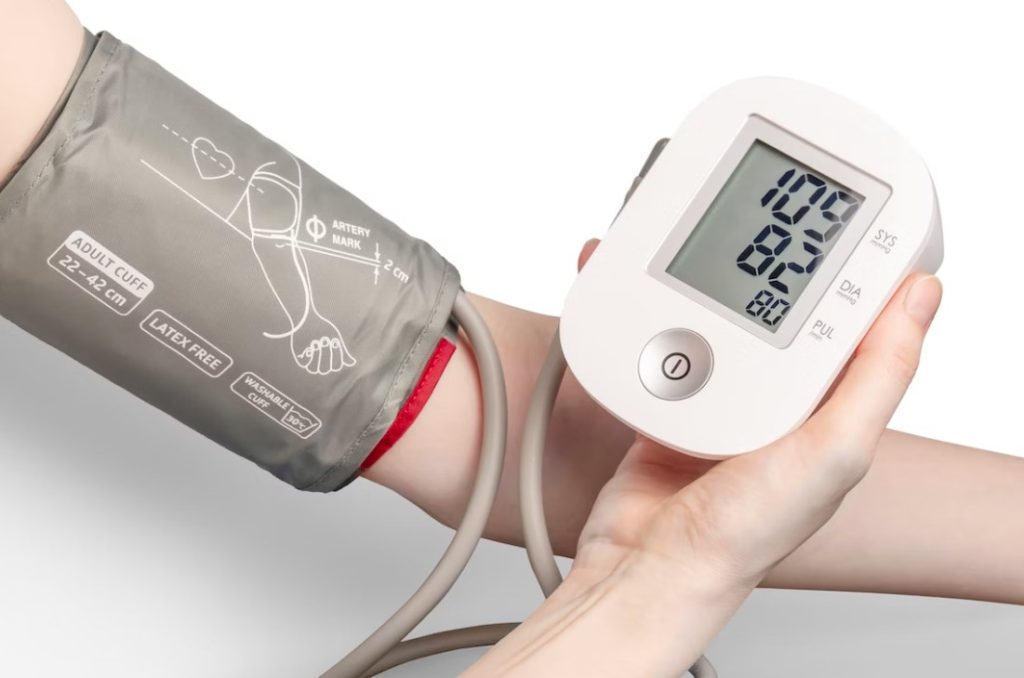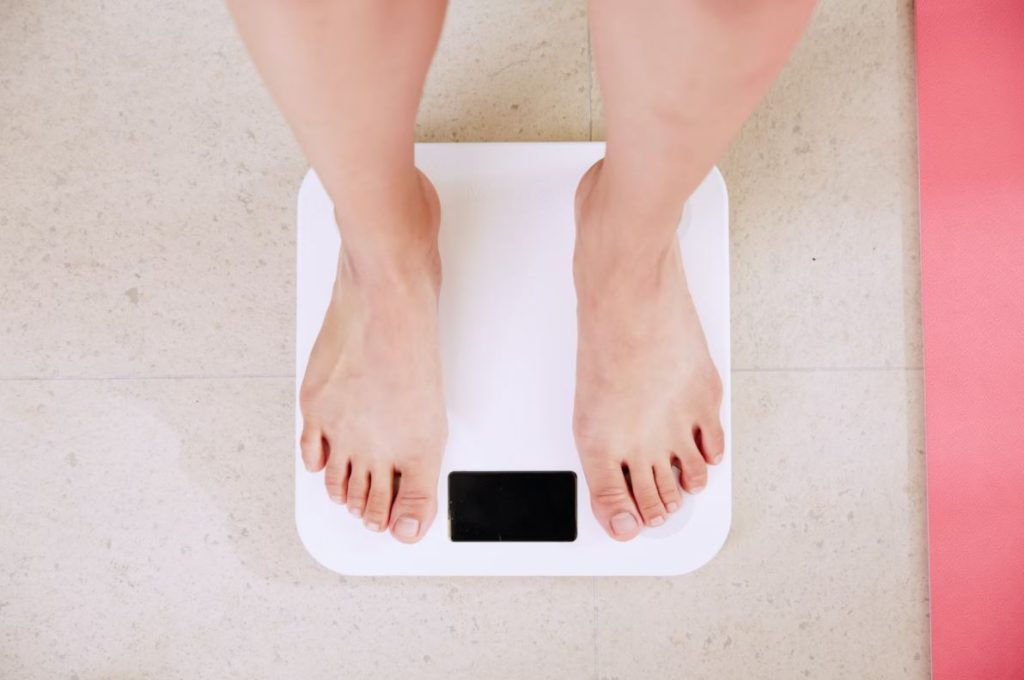High blood pressure, also known as hypertension, is a common health condition affecting millions of people worldwide. It poses significant risks to cardiovascular health and can lead to serious complications if left un-managed. While medications are commonly prescribed to control hypertension, lifestyle modifications, such as weight loss, can also play a crucial role in managing blood pressure levels.
In this blog post, we will explore the relationship between weight loss and blood pressure, and whether shedding those extra pounds can help lower hypertension.
Understanding Hypertension and Weight
Hypertension is often associated with several factors, including genetics, diet, lifestyle choices, and obesity. Being overweight or obese increases the risk of developing hypertension due to the additional strain placed on the heart and blood vessels. Excess weight contributes to higher blood volume, increased resistance in the blood vessels, and a higher workload on the heart, all of which can lead to elevated blood pressure.
The Impact of Weight Loss on Blood Pressure
Numerous studies have suggested that weight loss can have a significant impact on reducing blood pressure levels. Losing weight, particularly when combined with other healthy lifestyle changes, can lead to a decrease in both systolic and diastolic blood pressure.
This is achieved by:
- Reduction in Blood Volume – weight loss helps to decrease blood volume, as there is less adipose tissue to supply blood. With a reduced blood volume, the heart doesn’t have to work as hard to pump blood, resulting in a decrease in blood pressure.
- Decreased Resistance in Blood Vessels – weight loss can improve the elasticity of blood vessels, reducing their resistance to blood flow. This, in turn, helps to lower blood pressure and alleviate strain on the cardiovascular system.
- Improved Insulin Sensitivity – weight loss often goes hand in hand with improved insulin sensitivity. As excess weight is lost, the body becomes more efficient at utilizing insulin, which can help regulate blood pressure levels.
- Reduced Inflammatory Markers – obesity is associated with chronic inflammation, which can contribute to hypertension. Weight loss has been shown to reduce inflammatory markers in the body, potentially leading to a decrease in blood pressure.
- Medication Effectiveness – for individuals already on blood pressure medication, weight loss can enhance the effectiveness of these medications. Losing weight may allow for lower dosages or even discontinuation of certain medications, under medical supervision.

The Importance of a Comprehensive Approach
It’s important to note that weight loss alone may not be a panacea for everyone with hypertension. A comprehensive approach that includes other lifestyle modifications, such as adopting a balanced diet low in sodium, regular exercise, stress management, and limiting alcohol intake, is crucial for long-term success in managing blood pressure levels.
Consulting a healthcare professional, such as a doctor or a registered dietitian, can provide personalized guidance tailored to individual needs. They can develop a customized weight loss plan and provide ongoing support to help achieve and maintain a healthy weight, ultimately working towards lowering blood pressure.
Conclusion
Weight loss has shown promise in lowering blood pressure levels and reducing the risk of hypertension-related complications. By shedding excess weight, individuals can decrease blood volume, improve blood vessel function, enhance insulin sensitivity, and reduce inflammation – all contributing factors to hypertension. However, it’s important to remember that weight loss should be approached as part of a comprehensive lifestyle modification plan, which includes other healthy habits. Always consult with a healthcare professional for personalized advice and guidance on managing blood pressure effectively.














